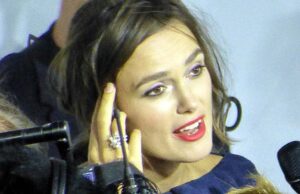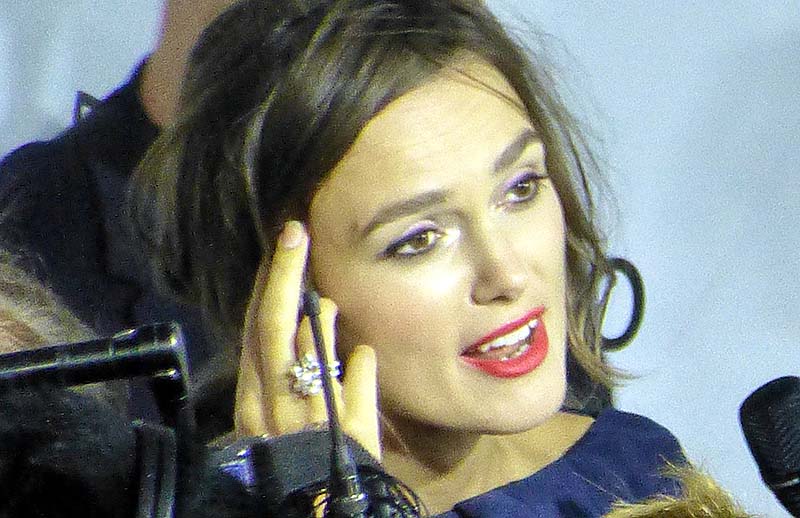A Birmingham expert says the news that Keira Knightley has banned her daughter from watching some Disney films has brought key debates into the public eye.

The actress revealed that she does not allow her daughter to view the likes of Cinderella or the Little Mermaid because of the way they portray women.
Knightley has been branded “a hypocrite” by Daily Mail columnist Jan Moir, but Dr Gemma Commane, a media lecturer at Birmingham City University believes the fun perception of such films may not always tell the whole story.
“Keira Knightley has pointed out important issues with the messages in some Disney films,” said Dr Commane, who researches in areas around sexual identity.
“She has provided interesting and relevant interpretations around women’s lack of voice, authority and power. These ‘ideals’ do not relate to everyone’s lived experiences.
“Cuteness and nostalgia have always been used as tools to circulate dominant ideals about gender, what girls and boys can aspire to be, and what love is supposed to ‘look like’.
“Although the films Knightley has banned her daughter from watching might be seen as fun or innocent, they still contain subtle messages that bind gender norms together and only offer socially-sanctioned narratives for aspiration, love and possibilities.
“We can still love these films and feel pleasure when watching them but thinking critically about them too is something Knightley reminds us to do.”

Diversity in film
Dr Commane believes film-makers, including Disney, are beginning to identify the value in having stronger female characters, but says Knightley’s intervention will help keep the debate in the public eye.
“We have seen a move by Disney to address gendered and racial disparities in their films,” she said. “This move reflects audience expectations, shifting political beliefs and new social movements.
“Disney still needs to make a profit, so they have reacted to audience demand. Strong girls take the lead in Moana and Brave, alternative forms of family are presented in Finding Nemo, and there are rumours of a same sex romance for Queen Elsa in the sequel of Frozen.
“Even in Maleficent, the kiss that wakes Aurora is from Maleficent herself and not a prince. New daring themes are present in Hocus Pocus and the All-New Sequel, which contains a queer and racially diverse storyline.
“hese are brilliant developments, but they also point to savvy marketing and appeal. Diversity in film doesn’t mean diversity or change in the political spheres.
Having honest and open discussion gives space for children, families and friends to talk about issues affecting them. But at the same time, if someone chooses to want to be a princess then let them be one.”

